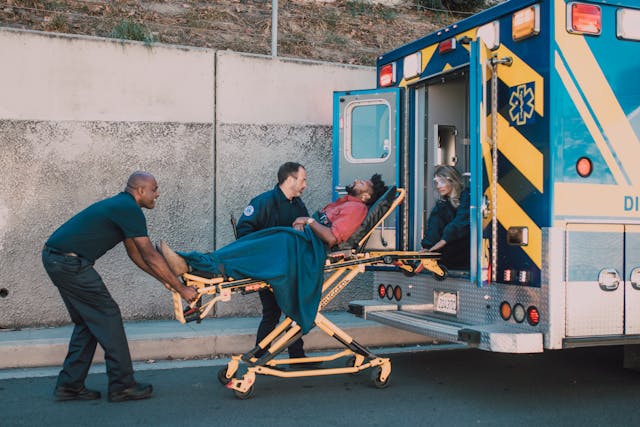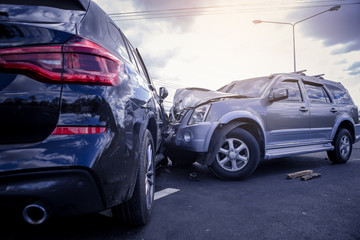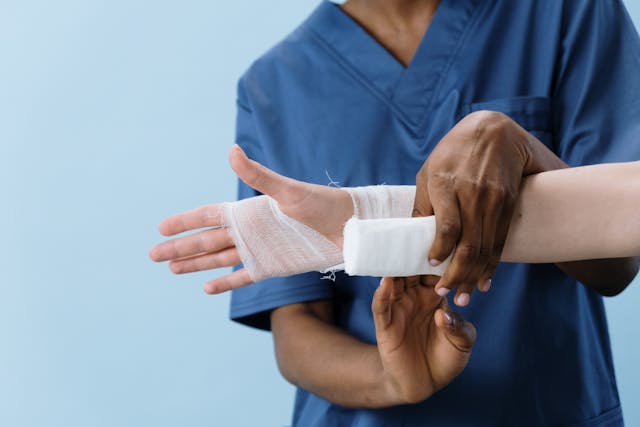Owning a property, especially one that many people frequent regularly, can come with risks. A property owner who has guests or employees coming in and out is legally responsible for certain instances of accidents and injuries. If you need help regarding a slip and fall accident or injury, contact a Kane County slip and fall lawyer for help.
What is Premise Liability?
Premise liability is the legal obligation of a property owner to provide customers, visitors, or employees with a reasonably safe and well-maintained environment. Owners have a responsibility to ensure that there are no avoidable accidents resulting from hazards on their property. If they do not actively make an effort to maintain their space it could lead to serious injury as well as legal and financial trouble.
To prove that a property owner breached their obligation three things must be true.
- You must be able to show that you were legally on the premises.
- You have to prove that there was a hazard on the property resulting from the negligence of the owner.
- And finally, you must show that you were injured due to their negligence.
If all of the above is true, then the property owner is likely liable for your fall and injury. You could have a case to file a claim or lawsuit and obtain compensation to cover costs.
How Can a Property Owner Prevent Falls?
As stated with premise liability, a property owner is responsible for the safety of people on their property whether it be guests, customers, employees, etc. There are a few ways that an owner can prevent falls and accidents from occurring.
The first way to prevent an accident is by the owner or an employee monitoring the area. This is more useful for a store or facility, but it can apply to any residence as well. Making rounds to check on the state of the building is a great way to keep an eye on potential hazards. For example, if someone spills a soda in a store and does not alert anyone it could cause a slipping hazard. However, if one or more employees are checking the aisles on a 15-minute rotation, the spill will be noticed faster than if there was no regular monitoring and they can clean it up to avoid any accidents.
Another way to prevent falls is to be aware of the hazard and then alert the customers or visitors. If the employee doing their aisle checks notices the soda spill but is not able to clean it up right away, leaving it there unattended could be an issue. If they rope off the area or put up a caution sign nearby it can alert patrons about the hazard and allow them to move carefully.
Lastly, a good way to prevent falls is to prevent hazards in the first place. Completing and documenting regular inspections can help spot potential hazards like a machine slowly breaking down or a floorboard coming loose. The owner can then take action to repair the damage before it becomes an issue for guests.



